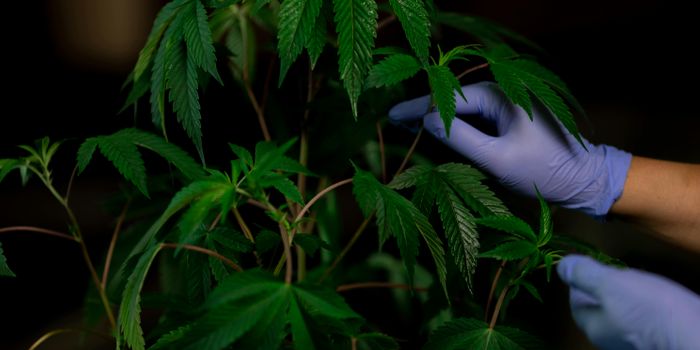This Symbiodinium Helps Corals Endure Climate Change
There are several cases throughout nature in which two entirely different species rely on each other to survive; these systems are called symbiotic relationships. One major example is the connection that exists between various kinds of algae and corals.
Like a host of other organisms, algae seek shelter in the coral reefs. The corals often receive a nutritional benefit from having the algae around, hence the relationship that exists between the two unrelated organisms.
Researchers from Penn State University recently discovered a new kind of symbiotic relationship between an algae species known as Symbiodinium glynnii and a handful of coral reefs found throughout the Pacific Ocean.
The findings are published in the journal Phycologia.
Image Credit: Todd LaJuenesse/PSU
Related: Scientists finally know why deep-ocean corals glow in the dark
Using genetic samples collected throughout the Pacific Ocean and from aquariums, the researchers found that this symbiodinium is surprisingly tolerant to the stresses associated with climate change, and more importantly, it's also quite abundant.
Coral reefs are susceptible to warming oceans as a result of climate change, which bleaches and kills coral colonies. Regardless, the researchers found that corals harboring this particular symbiodinium had a higher survival rate in warmer waters than those without it.
"Specific corals with this species of algal symbiont are physiologically robust and can withstand conditions that would be too extreme for coral colonies harboring other kinds of symbiont," study co-author Todd LaJeunesse from Penn State University explained.
It appears that the symbiotic relationship found between Symbiodinium glynnii and the Pacific Ocean corals goes far beyond the nutritional benefits offered by other algae, but includes additional defense mechanisms against climate change.
"We have been studying this coral symbiont for years and how it can significantly change the thermal tolerance of the coral colony in which it resides," LaJeunesse continued.
"It's good to finally assign a name to this organism, which will allow scientists to better communicate about its biology and ecology, and therefore, accelerate progress in our field. Ultimately, the study of these stress-tolerant symbionts will help us to learn about what adaptations, or traits, may allow some reef-corals to live in a harsher world."
Related: This fish has unique lips that let it 'kiss' coral without getting stung
Now that we’ve seen how a lone symbiodinium can change a coral’s tolerance levels for the warming effects brought on by climate change, it raises some additional questions. For one, is it possible we can take advantage of this symbiont relationship to help some of our prized coral reefs survive in the face of imminent warming oceans?
More research is needed to fully understand how we might be able to harness the power behind this symbiotic relationship, but with a light at the end of the tunnel, the concept is sure to get some more attention.
Source: Penn State University









